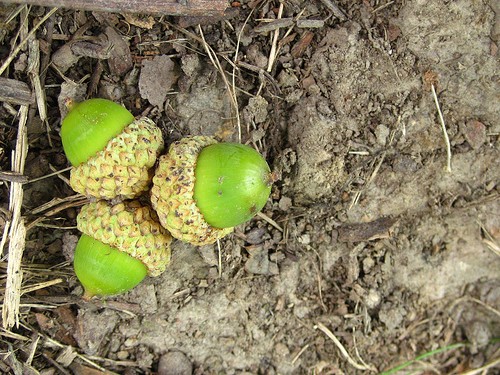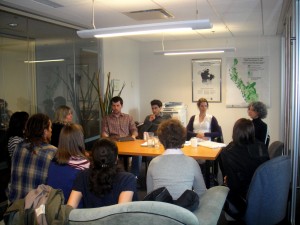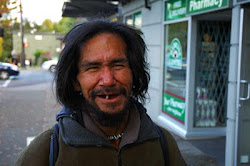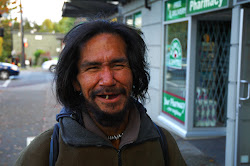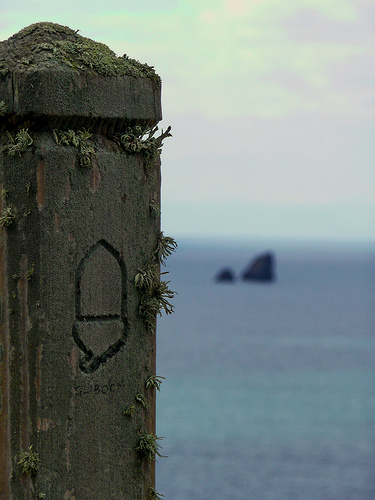Designing Interdisciplinary Learning Activities
Join us for an Interdisciplinary Community of Practice meeting!
Date: Monday, March 4th
Time: 2:30-4:30pm
Location: Seminar Room 2.22 – Centre for Teaching, Learning and Technology
Please register: http://events.ctlt.ubc.ca/events/view/2273
How can you promote interdisciplinary thinking in your classroom? At this ICoP meeting we will explore how to design effective interdisciplinary courses and learning activities. Building from our last session on assessing interdisciplinary learning, we will discuss how to adapt and alter existing approaches to lesson design to encourage students to think across disciplines.
Sauder instructor Paul Cubbon will join us to share his experiences designing COMM 486S/JRNL 520A, a new course on social media. The course is cross-listed in Commerce and Journalism and is co-taught by Cubbon and Alfred Hermida. Paul will discuss the development of the course and lessons he is learning in its first term. (Click here to see Dr. Cubbon’s UBC TedX Talk.)
For the remainder of the meeting, we will brainstorm how to adapt different teaching techniques to enhance interdisciplinary learning. Please bring a question or example of your interdisciplinary teaching efforts to share with the group.
About the Interdisciplinary Community of Practice (ICoP): The ICoP emerged out of enthusiasm for UBC Mix, a project that supports classroom-level collaborations between two or more courses for interdisciplinary lessons. Scholars of higher education are increasingly recognizing the value of interdisciplinary thinking. The ICoP provides a space to think collectively about the practice and pedagogy of interdisciplinary teaching and learning at UBC. If you have questions or suggestions, please contact facilitators Natalie Baloy (ubc-mix@interchange.ubc.ca) and Hanae Tsukada (ctlt.prodev@ubc.ca).

